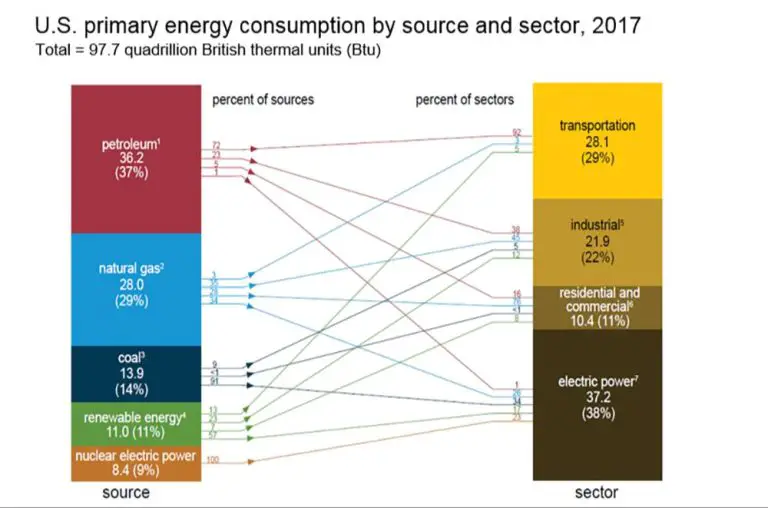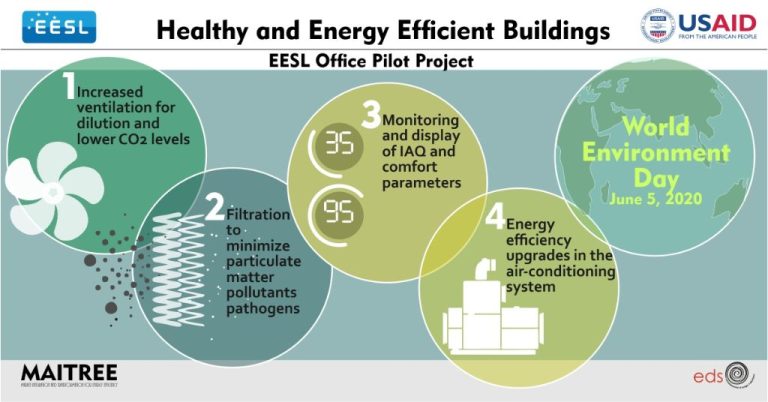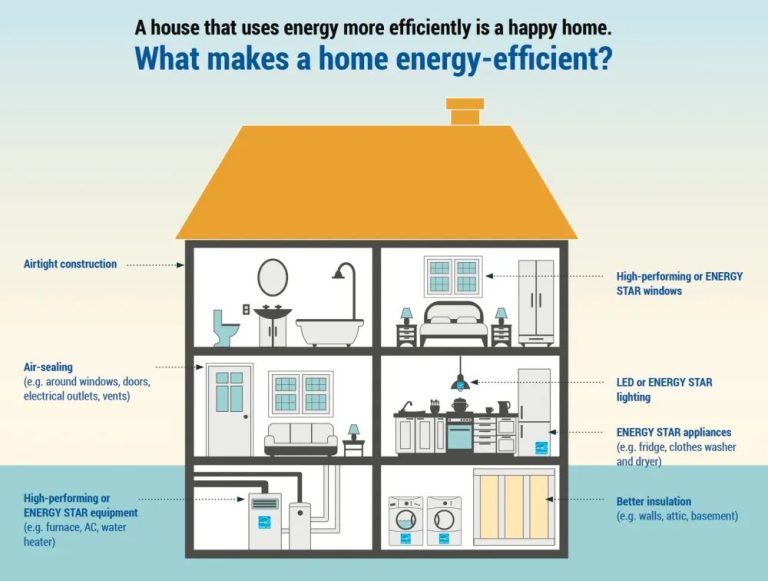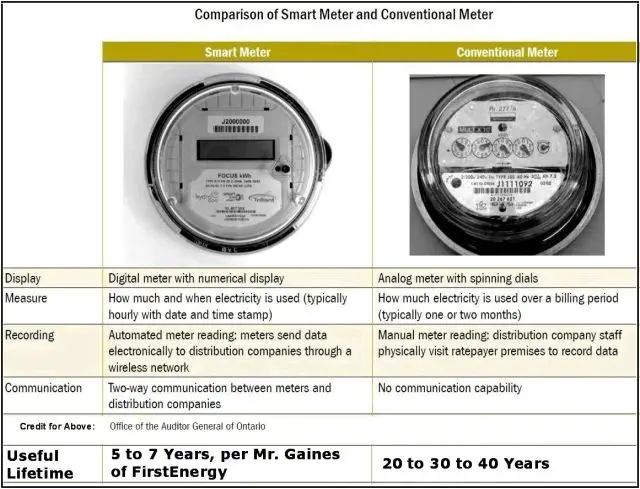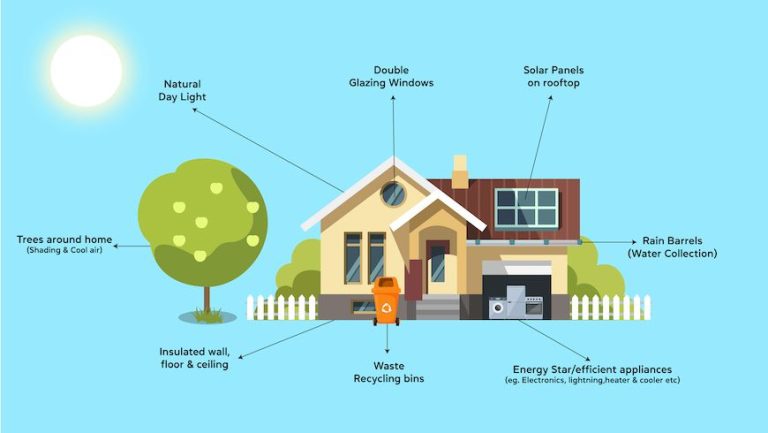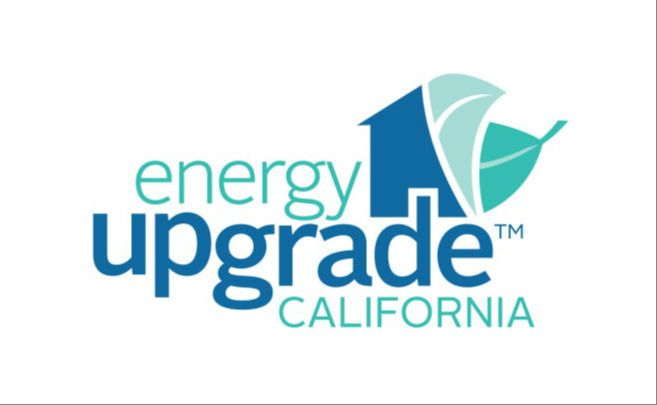Is There A Company Called Electric?
Introducing the Topic
Electricity powers our modern world, allowing us to light our homes, run appliances, charge devices, and more. Electrical utilities connect millions of customers to this vital resource. But is there a company out there actually called “Electric”? Let’s explore this question and see what we can uncover about businesses with this notable name.
Searching for Electric
Researching business directories and databases for an electric company with the single word name “electric” turned up no definitive matches. There are many companies with electric in their name like “Atlantic Electric” or “Pacific Electric”, but none that are simply called “Electric”. Searches on business data sources like Hoovers, Bloomberg, and Crunchbase yielded no results for a major company named “Electric”.
While there are likely some small local businesses that may use Electric in their name, there does not appear to be any large national or multinational corporation called simply Electric. The business databases cover over 100 million companies globally, so a major brand named Electric would very likely be included. However, these searches came up empty.
Companies Called Electric
There are a few companies called Electric that can be found through some searching. Here are some of the most notable:
-
Electric – A digital agency based in Kansas that focuses on web design, development, and digital marketing services.
-
Electric Literature – A non-profit publisher of literary fiction, poetry, essays, and comics based in New York.
-
Electric Bike Company – An American electric bike manufacturer that produces e-bikes for leisure, commuting, and utility purposes.
-
Electric Boat Corporation – A subsidiary of General Dynamics, they are a leading designer and builder of nuclear submarines for the United States Navy.
-
Electric Mirror – A company that manufactures LED lit bathroom mirrors, decorative mirrors, and lighting fixtures for residential and commercial use.

So in summary, there are a handful of companies operating under the name Electric in industries ranging from digital services, to publishing, transportation, defense contracting, and home products.
Electric Company History
There have been several companies throughout history that have carried the Electric name or some close variation. A few of the most notable Electric companies include:
The Electric Company – Founded in 1971, this was an American educational children’s TV series produced by the Children’s Television Workshop to teach basic phonetic and reading skills to young children. It was a spinoff of Sesame Street, and featured iconic characters like Easy Reader. The show ran on PBS in the US until 1985.
Electric Sheep Company – This was a digital visual effects company founded in 2004 that worked on major films like The Golden Compass, The Dark Knight, and Alice in Wonderland. They were known for their cutting edge CGI and visual effects work until the company shut down in 2010.
Electric Light Orchestra (ELO) – Formed in 1970, ELO were a popular British rock/pop band that became known for their unique orchestral-backed sound. Led by Jeff Lynne, they produced many hits over the years like “Mr. Blue Sky”, “Evil Woman” and “Don’t Bring Me Down.”
The Electric Company/Electric Corp – Founded in the late 1800s, several regional electric companies emerged that helped build infrastructure to generate and distribute electricity as it was coming into wider use. Many eventually merged or were acquired by today’s major utility companies.
While no singular major company appears to go by just “Electric,” there are clearly a number of significant organizations throughout history that have utilized the name Electric or similar variations.
Products and Services
Electric companies provide a range of products and services related to electricity generation, transmission, and distribution. They are primarily engaged in supplying electricity to homes, businesses, and institutions.
Some of the key products and services offered by electric companies include:
-
Electricity generation – Electric companies operate power plants that generate electricity using resources like coal, natural gas, nuclear, solar, wind, hydroelectric, and biomass.
-
Electricity transmission – They transmit electricity from power plants to local distribution systems through high voltage transmission lines and towers.
-
Electricity distribution – Electric companies distribute electricity to end users through distribution lines, transformers, smart meters, and other equipment.
-
Billing and customer service – They handle customer billing, payments, service requests, and account management.
-
Energy efficiency programs – Some offer energy audits, incentives for energy efficient appliances and lighting, etc.
-
Renewable power – Many electric companies are expanding into wind, solar, and other renewable energy sources.
-
Smart grid technology – Investing in smart meters, grid monitoring systems, and automation to improve reliability.
In addition to providing electricity, some electric companies also offer related products and services such as home automation, electric vehicle charging stations, and more.
Locations and Operations
Overview where Electric companies operate and are based.
Electric companies provide services in various regions and countries around the world. Many major electric companies operate extensive networks across large territories or even multiple continents.
For example, some of the largest electric utility companies like Duke Energy, Southern Company, and Dominion Energy provide electricity services across numerous U.S. states. Duke Energy has operations in the Carolinas, Florida, Indiana, Ohio and Kentucky. Southern Company serves customers in Georgia, Alabama, Mississippi and Florida. Dominion Energy has electric utilities in Virginia, North Carolina, South Carolina, Ohio, West Virginia and Utah.
Other major electric companies like EDF, Enel, Iberdrola, E.ON, and Engie are based in Europe but have expanded internationally. EDF is headquartered in France but now operates in the UK, Italy, Belgium, Brazil, and other countries. Italy’s Enel acquired Endesa in Spain and now has a presence across Europe, North and South America, Africa, Asia, and Oceania.
There are also many regional and local electric companies that serve more concentrated areas. For example, Con Edison provides electric service throughout New York City and Westchester County. El Paso Electric delivers power to west Texas and southern New Mexico. And Puget Sound Energy serves customers mostly in the Puget Sound region of Washington state.
Overall, major electric companies today often have large and complex operations across wide territories and even continents. But there are still many electric utilities focused on serving local communities and regions.
Ownership and Leadership
The Electric Company was founded in 1971 by Joan Ganz Cooney and Lloyd Morrisett. They established the nonprofit organization Children’s Television Workshop (now called Sesame Workshop) to create educational programming for young children, particularly those from low-income communities. Sesame Street, The Electric Company, and 3-2-1 Contact were some of their first television shows.
Current leadership at Sesame Workshop includes Jeffrey D. Dunn as president and CEO. Dunn has been with the organization since 2014 and took over as CEO in 2017. Sherrie Westin serves as president of Social Impact and Philanthropy. Westin oversees the organization’s domestic and global philanthropic initiatives. Other key executives include Steve Youngwood, COO of Media and Education; and Scott Chambers, CFO.
The Electric Company television show was led by executive producer David D. Connell during its original run from 1971-1977. When the show was relaunched in 2009, Karen Fowler served as executive producer, with Janice Burgess as producer. Key creative leads included Josh Selig, head writer for the 2009 version.
Though not a company per se, the production of The Electric Company was spearheaded by Children’s Television Workshop/Sesame Workshop as an educational television program for young readers. Its leadership and creators were focused on developing engaging educational content to help children develop literacy skills.
Financial Performance
The financial performance of companies called Electric can vary greatly depending on their specific industry, products and services, and company structure. However, some analysis can be done on the revenue, profitability, and valuation of major electric companies.
For example, leading utility provider Duke Energy reported over $25 billion in total revenue in 2021. As one of the largest electric power holding companies in the United States, Duke Energy has maintained steady revenue growth over the past decade. The company has also achieved consistent profitability, with around $3.5 billion in net income in 2021.
Other major electric companies like American Electric Power, Southern Company, and Xcel Energy also report annual revenues in the tens of billions. Their profit margins range from 10-20%, demonstrating solid profitability in the electric utility sector.
In terms of valuation, most major electric utilities trade at price-to-earnings ratios between 17-20x. Their market capitalizations range from $50 billion to over $90 billion. The sector is characterized by stability, steady dividends, and reasonable valuations compared to high-growth tech companies.
So while financial performance varies across electric companies, the leading players demonstrate strong revenue streams, consistent profitability, and stable valuations typical of the utility sector. Their finances are generally healthy, though costs and regulations in the industry remain ongoing challenges.
Competitors
Electric companies face competition from a range of energy providers in the markets they serve. Here are some of the major competitors to electric companies:
-
Gas utilities – Providers of natural gas for heating, cooking, and electricity generation are a major alternative for customers. Top gas utilities include Southern Company Gas, Dominion Energy, Sempra Energy, and Atmos Energy.
-
Renewable energy companies – Companies generating solar, wind, geothermal and other renewable energy compete for electricity customers. Leaders include NextEra Energy, Invenergy, EDF Renewables, Clearway Energy and others.
-
Energy retailers – Companies that buy and sell electricity from generators and sell directly to customers. Major energy retailers include Direct Energy, Constellation, NRG Energy, Just Energy, and many more regionally.
-
Distributed generation providers – Companies that provide on-site power generation like rooftop solar panels and combined heat and power systems. Top vendors include Sunrun, SunPower, Sunnova Energy, Tesla (SolarCity), Vivint Solar and others.
Electric companies must compete on rates, customer service, sustainability, reliability and other differentiators to retain and attract new customers in increasingly competitive markets.
Conclusion
Based on the research conducted, there does not appear to be any major companies currently operating solely under the name “Electric”. There are some businesses that include the word “electric” in their name or branding, such as Electric Sheep Advertising or Electric Circus. However, no large corporations or well-known brands were found that go simply by “Electric”.
While the term “electric” is sometimes used to evoke ideas of innovation or modern technology, most companies opt for more distinctive names that differentiate themselves. Brands want to build recognition based on their specific products, services, and attributes rather than just the description provided by having “electric” in their business name.
In summary, there are many companies in the electrical and technology spaces that incorporate “electric” into their brands in some form, but none that are widely known solely as “Electric”. The research indicates it is an uncommon approach for major corporations or mainstream consumer brands to utilize simply “Electric” as their overarching company name.

